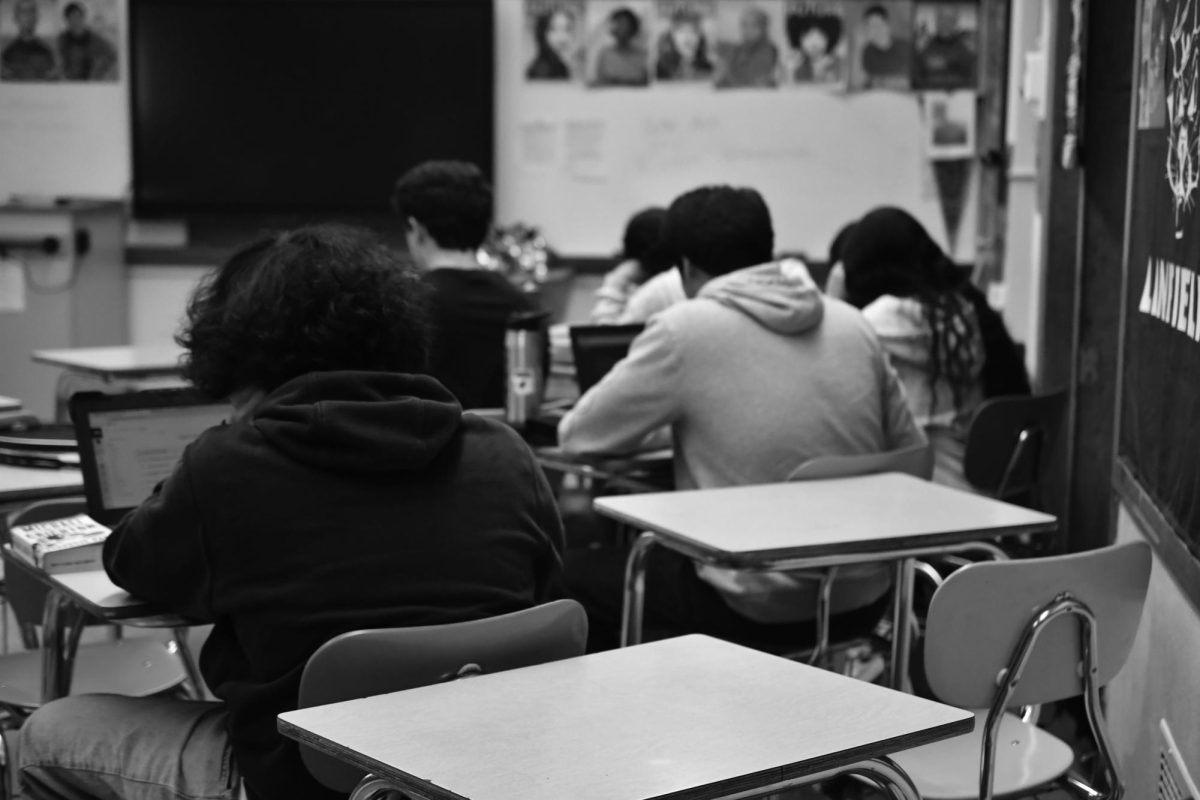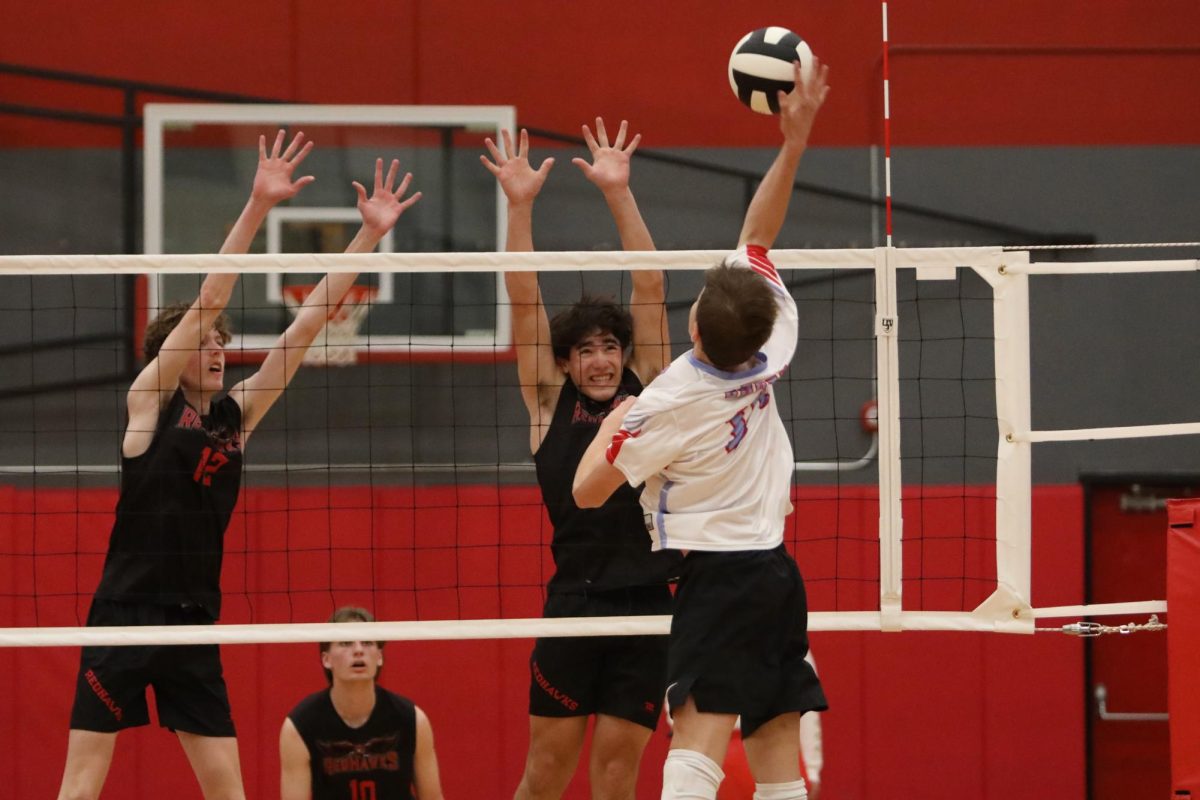Since the start of the new year under a new federal administration, we, as Americans have seen rapid changes occur within our local communities in just a few weeks. Of the most noticeable that was especially talked about by American media has been the new immigration policies set by the Trump administration. One report that made rounds across the country was Immigration and Customs Enforcement agency showing up at an elementary school in Chicago with the intention of detaining particular students. Here, at West Albany, certain educators were the first to see how the enactment of Trump’s executive orders on immigration have been affecting our student body and larger community.
“There was no time to react, or to figure out what [sudden Immigration and Customs Enforcement news] meant, or even for some people to read what the executive order was before things started happening,” Spanish and English Language Development teacher Ken Beiser said.
The overall well-being of students in the classroom is just one more of the numerous responsibilities that teachers have to juggle on top of their daily lessons, but with sensitive topics like these, teachers work to make sure they don’t box any students in with generic stereotypes of what someone from their background has been boxed into.
“It’s tricky because you want to respect people’s privacy. You don’t want to assume anything about anyone,” Spanish and English Language Development teacher Emily Mehl said. You want your students to know that you are there to support them as much as they need, but you also don’t want to make anyone feel like you think you need to do that for them.”
Students are often under the impression that teachers, as adults, are unaware of the resurgences of liberal and conservative movements that, in today’s time, are instigated through underlying messaging in popular trends and memes; however, much of the themes hidden are common enough within each movement that teachers are able to pick up on what message is truly being sent through youth trends. With the rise of dark humor on several social media platforms, the algorithm begins to push that harmful rhetoric onto everyone’s homepages, which further spreads the negative connotations being insinuated by the supposed joke. Eventually, through the normalization of certain stereotypes being stuck onto certain backgrounds, this commentary makes its way into the real world, where it actively harms members of our community.
“I’m sad for our youth, no matter your background, race, or anything like that. We’re in 2025 and we should be going in one direction, and everything’s going backwards right now,” Mehl said. “It feels like we take two steps forward and twelve steps backwards in every aspect.”
Practically overnight, many educators and education staff across the country were expected to step up to answer urgent questions that students had for them revolving around the new executive orders. Despite the anxiety that came with stepping up to this sudden role, students are the people that make up a significant bit of teachers’ daily life giving them a connection to youth that many other adults do not get the opportunity to do so.
“It’s stressful even when it’s not affecting you directly,” Mehl said. “It’s affecting your community of people that you care about.”
For many young students, their main source of information is from the adults and peers closest to them in their day-to-day life. With many young people simply repeating things that they’ve heard online, the words they say cause a lot of grief to children who truly are vulnerable to the new immigration policies, and much of the information spread is often misinformation.
“It’s messed up that a little kid can’t go to school and not worry about [whether] they would come home to no family members or parents, and now they’re having to worry about this happening to them,” Mehl said.
Similarly, Beiser tries to manage a classroom where some students have to deal with carrying immense stress regarding their personal life and trying to stay caught up with responsibilities in their academic life.
“It’s really hard to ask someone to focus on their homework or to study for a quiz when you know they’re not sure what’s going to happen to them or their family,” Beiser said.
Despite the rapid changes taking place in our government on the federal level and the uncertainty we feel from it, it is important to acknowledge that the full force of President Trump’s executive orders are not felt as urgently in the state of Oregon. In this way, Oregonians are generally much more sheltered from news that revolves around Immigration and Customs Enforcement raids, although hearing the news from other states can lead to a rise in hysteria among vulnerable groups of people.
“There are a lot of states in the U.S. right now that are making these sweeping changes,” Beiser said. “So, I think with all of the craziness going on, we are very lucky to be in a state like Oregon [that] has really put emphasis on the dignity of just being a person.”




